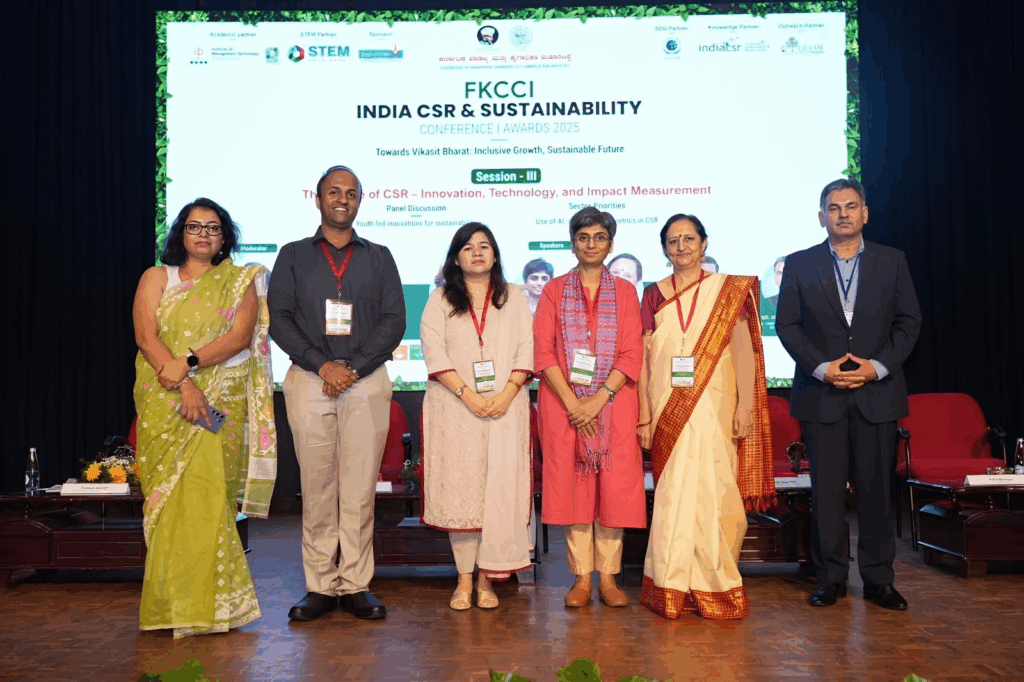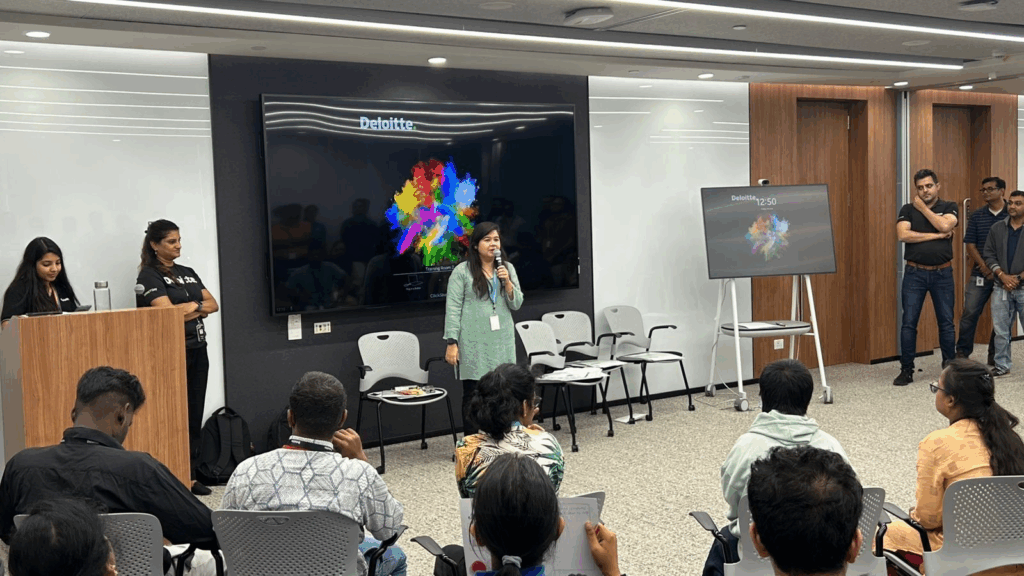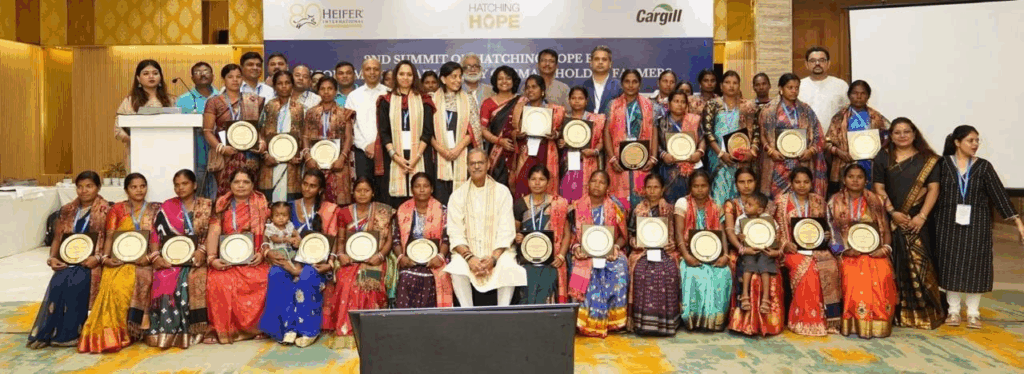Nabila Kidwai’s professional journey embodies a deep commitment to social impact, sustainability, and corporate responsibility. From her academic roots at Tata Institute of Social Sciences and co-founding the Centre for Sustainable Livelihoods to shaping ESG strategy at Cargill South Asia, her path reflects steadfast dedication to embedding values into business practices.
“Sustainability is not a choice but a necessity that requires ongoing effort,” she states. Her career trajectory from developmental sector work to leadership in multinationals like Bosch, Schneider Electric, and now Cargill charts the evolving landscape of corporate responsibility in India and globally, inspiring stakeholders to collaborate for systemic change and shared prosperity.

Strategic ESG Leadership at Cargill
Since August 2022, Kidwai has been instrumental in driving Cargill’s Environmental, Social, and Governance (ESG) agenda across South Asia. She oversees initiatives targeting climate action, social equity, and governance excellence aligned with global commitments.
Under her leadership, Cargill aims to reduce operational greenhouse gas emissions by 10% vs. a 2017 baseline by 2025, supported by investments of more than $70 million in energy efficiency measures and emission reduction technologies.
“Collaboration across supply chains multiplies impact,” Kidwai explains, highlighting partnerships with suppliers, farmers, and communities.
Water stewardship has also progressed, with Cargill restoring over 5 billion litres in water-stressed regions in 2024 toward its 2030 goal of 600 billion litres.
Gender inclusion remains a key pillar, with women making up 46% of leadership roles and achieving gender pay equity for two years running.

Innovating Nutrition for Health and Sustainability
Kidwai’s influence extends to product innovation at Cargill, where she advocates for nutrition solutions that respect consumer values balancing indulgence, health, and environmental care.
In 2025, Cargill launched Nutri-Score-compliant bakery products promoting wellness without compromising taste. “Consumers want their choices to reflect purpose and care,” she observes. Furthermore, Kidwai steers sustainability efforts in supply chains such as cocoa, emphasizing circular economy principles.
Initiatives include repurposing cocoa shells as biomass in Côte d’Ivoire, powering warehouses with solar energy in Ghana, and deploying electric barges in Europe projects that cut carbon emissions and reduce waste significantly, demonstrating a comprehensive approach from farm to final product.

Integrating Global Priorities with Local Needs
On aligning corporate goals with local realities, Kidwai stresses connection with community aspirations and development objectives. Cargill’s strategy reflects the UN Sustainable Development Goals, targeting food security, climate resilience, and social empowerment.
“Sustainability is a partnership journey,” she states, advocating engagement with governments, NGOs, and farmers to build inclusive systems.
Cargill’s inclusion in Fortune’s 2025 “Change the World” list underscores its leadership in circular bioeconomy solutions reducing waste, fostering regenerative agriculture on over 1.1 million acres in North America, and working toward distributing 34 million meals globally through social programs. This holistic model balances environmental sustainability with economic opportunity and social progress.

Child and Community Welfare: A Continuing Passion
Beyond corporate leadership, Kidwai’s academic focus and early career concentrated on child and family welfare, which informs her holistic view of sustainability.
She holds a Master’s degree specialising in Child and Family Welfare from TISS, complemented by degrees in sociology. Her work at the Centre for Sustainable Livelihoods emphasised empowering marginalized communities through livelihood enhancement and education.
Kidwai’s social work foundation strengthens her belief that true sustainability must integrate social justice, gender equality, and youth empowerment.
“Corporate responsibility without social impact is incomplete,” she notes, highlighting the synergy between business and community well-being.
The Logical Indian’s Perspective
The Logical Indian celebrates Nabila Kidwai’s journey, which exemplifies how personal passion combined with strategic corporate action fosters sustainable social change. By promoting transparency, inclusivity, and ethical governance, her work demonstrates how businesses can be institutional allies in peace, coexistence, and equitable progress.
As challenges around climate and inequality intensify, her approach offers a roadmap for embedding empathy and long-term commitment into corporate DNA. The Logical Indian invites readers to engage in dialogue: How can more companies emulate this model to deepen their social and environmental impact, nurturing communities while achieving business resilience?
If you’d like us to cover your story or feature your initiative, please write to us at csr@5w1h.media.











